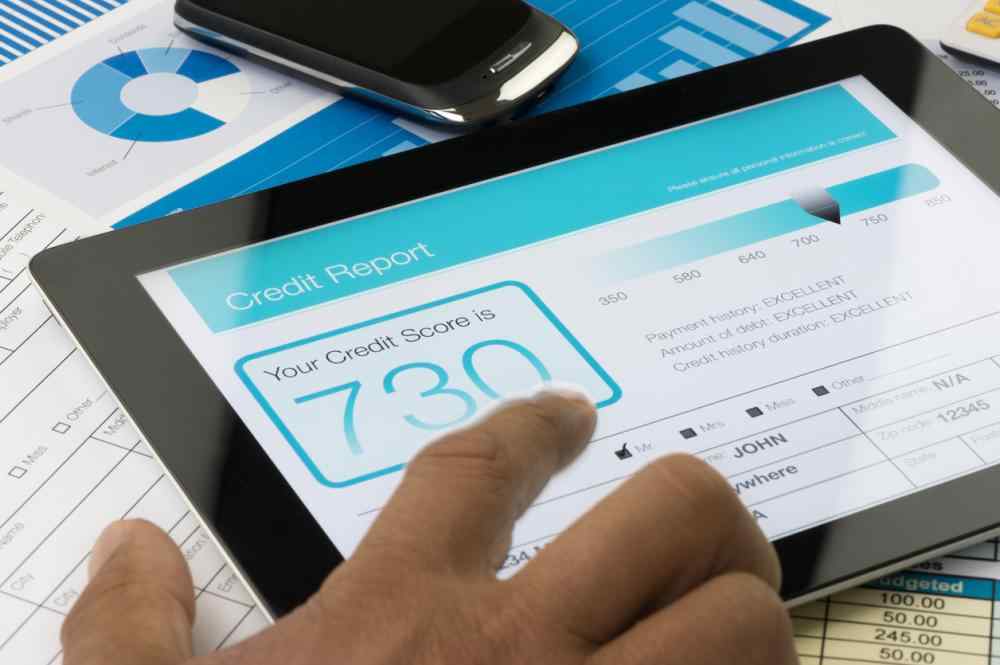Royal Bank of Canada: Utilizing Blockchain to Automate Credit Scores
Mar 21, 2018, 7:02pm
The Royal Bank of Canada is exploring Blockchain technology as a means of automating credit scores, and improving how borrowers obtain and interact with loans.
The Royal Bank of Canada (RBC), Canada’s largest national bank, has been experimenting with Blockchain to improve current credit rating technology. In September 2017, RBC filed a patent application with the U.S. Patent and Trademark Office (USPTO) detailing a system that utilizes Distributed Ledger Technology (DLT) to determine credit scores automatically. The details of the application were released to the public March 18, 2018.
The proposed system will gather, store, compile, recall and link information obtained from multiple independent sources, and then relate the data back to a borrower’s digital identity. This immutable record can then automatically generate a credit rating based on the information stored on its distributed ledger, without the need for an overseeing credit bureau. The following example was given within the patent application:
“The ledgers, ledger entries, and/or information stored on the ledger entries may be used for digital identify records and credit score calculations. Digital identify records may include information regarding transactions involving borrowers, education and employment history, spending patterns, social network peers, household data, automated “smart contracts“; documents relating to the creditworthiness of borrowers, and so on.”
The proposed system promises to provide a more efficient means of generating credit scores than is currently available and will provide potential borrowers with a transparent view into how their credit rating is determined. This transparency would provide borrowers with more control over their credit score and would allow individuals to improve their credit score in real-time.
Additionally, the patent proposes the system could generate smart-contracts to outline the terms and conditions of a loan based on the information stored on the ledger, essentially making loan offers and approvals fully automated. The patent application explains:
“The [system] can be configured to provide a credit marketplace engine configured to generate a listing of loan offers for the individual based on the credit history record, each loan offer indicating a creditor and loan terms, receive a selected loan offer indicating a selected creditor and selected loan terms, generate a smart contract with the selected loan terms, and record a new block on the distributed ledger…”
The patent application comes as a small part of a broader effort by RBC to explore the potential of Blockchain technology within the banking sector. In September 2017, RBC implemented a Blockchain-based shadow ledger for cross-border payments between the U.S. and Canada, and RBC has publicly expressed a positive-but-cautious outlook on the Blockchain industry as a whole.





